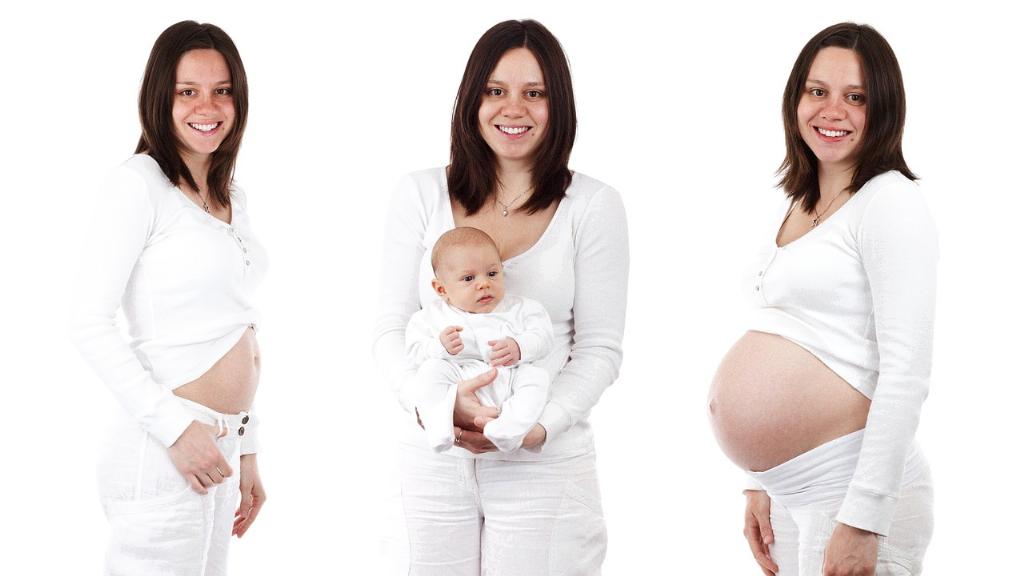Teenage pregnancy can bring about a unique set of challenges and risks for both the young mother and her baby. When a girl becomes pregnant under the age of 16, the implications can be far-reaching and require careful consideration and support.
Risks of Pregnancy at a Young Age
One of the key risks associated with getting pregnant under 16 is the increased likelihood of developing pregnancy-related high blood pressure, known as preeclampsia. This condition can lead to complications for both the mother and the baby, including premature birth and low birth weight.
Impact on Mother’s Health
For the young mother, pregnancy at such a tender age can pose serious health risks. Preeclampsia, in particular, can have a detrimental effect on the kidneys and may even result in life-threatening consequences if not managed appropriately.
Emotional and Social Challenges
Besides the physical risks, teenage pregnancy can also bring about emotional and social challenges for the mother. Dealing with the pressures of parenthood at a young age, navigating relationships, and making important life decisions can be overwhelming.
Educational Implications
For a teenager who becomes pregnant, there may be significant implications on her educational pursuits. Balancing the demands of school with the responsibilities of motherhood can be a daunting task and may impact the young mother’s academic success.
Financial Strain
Teenage pregnancy can also place a strain on the financial resources of the young mother and her family. The cost of prenatal care, childbirth, and childcare can add significant financial burden, especially for teenagers who may not yet be in a stable financial position.
Parenting Skills and Support
Young mothers may face challenges in developing parenting skills and may require additional support and guidance to ensure the well-being of their child. Access to parenting resources, healthcare services, and social support networks is crucial for both the mother and the baby.
Health Risks for the Baby
Babies born to teenage mothers are at a higher risk of health complications, including premature birth, low birth weight, and developmental delays. These risks underscore the importance of adequate prenatal care and support for teenage mothers.
Long-Term Consequences
The impacts of teenage pregnancy can extend beyond the immediate health and social challenges. There may be long-term consequences for both the mother and the child, including educational attainment, employment opportunities, and overall well-being.
Support and Resources
It is essential for young mothers who find themselves pregnant under the age of 16 to have access to comprehensive support and resources. This may include healthcare services, counseling, parenting classes, and community programs designed to meet the unique needs of teenage mothers.
Empowering Young Mothers
Empowering young mothers to make informed choices about their health, education, and future is crucial in mitigating the challenges associated with teenage pregnancy. By providing the necessary support and resources, we can help young mothers navigate this pivotal stage of their lives.
Conclusion
In conclusion, getting pregnant under 16 can have significant implications for both the young mother and her baby. By understanding the risks and challenges associated with teenage pregnancy and providing comprehensive support, we can help empower young mothers to make informed decisions and create a better future for themselves and their children.

